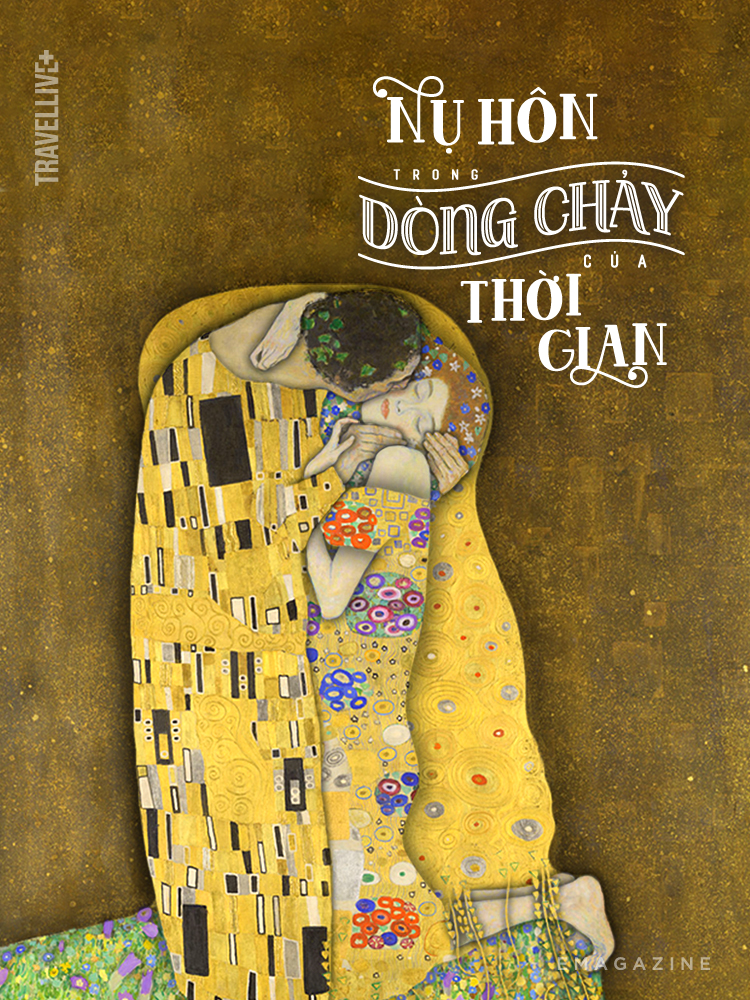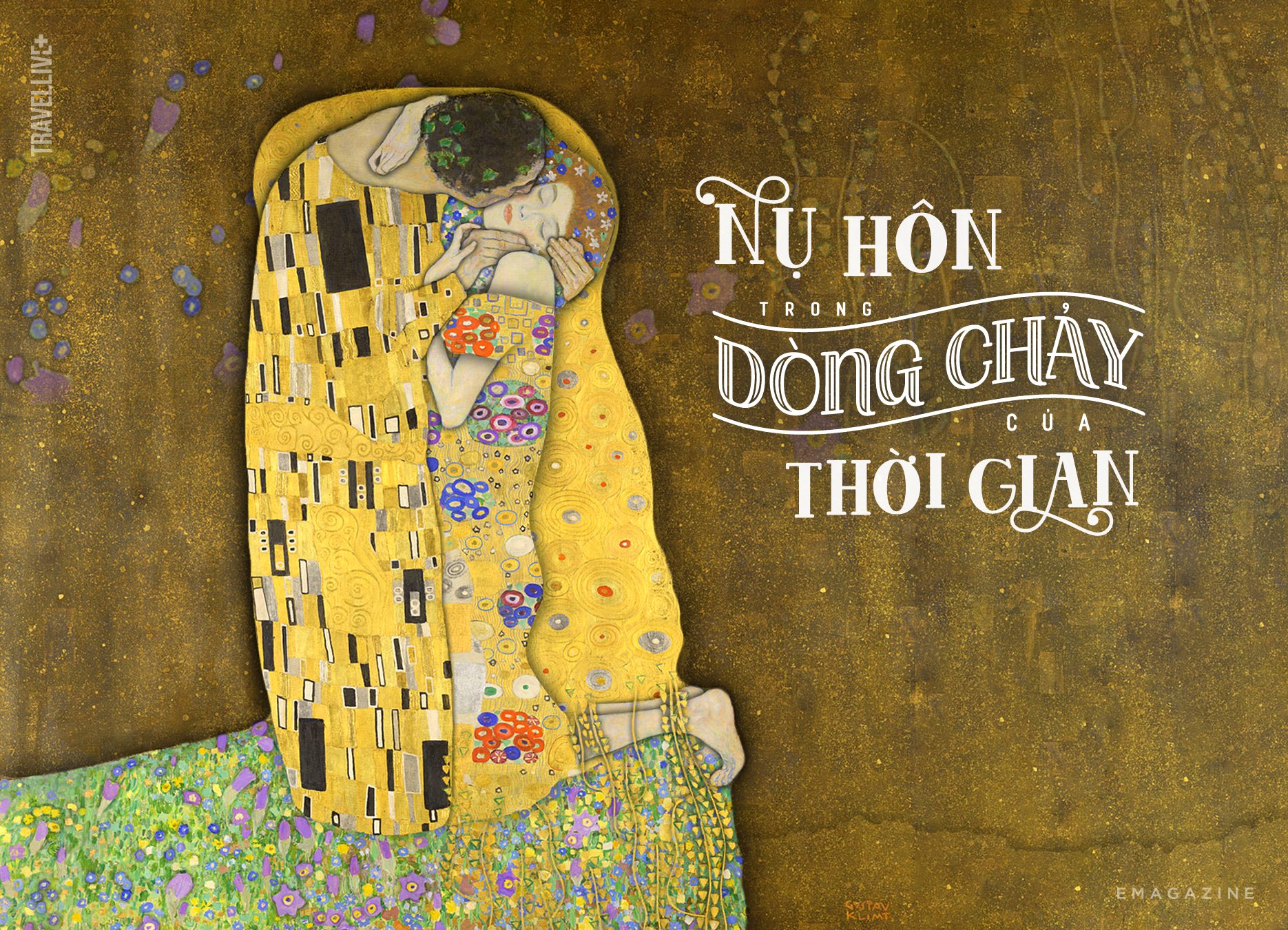Throughout history, there have been times when a kiss has taken on a completely different meaning than what we know today – and who knows, perhaps there will come a time when humanity will return to the days of… fearing a kiss.

Interestingly, kissing wasn't originally a ritual of expressing affection. According to many historians, kissing "evolved" from smelling—an action that, centuries ago, humans used as a way to get to know each other. Vaughn Bryant, an anthropologist at Texas A&M University, stated, "People back then would often sniff."squirtAnd when they touch the other person's lips, they find it much more pleasurable."
For much of early history, the sense of smell was more important than any other sense in interpersonal relationships. People used their sense of smell to determine the mood, health, and social status of others. There were many ways of greeting by sniffing. They would often touch their noses all over the other person's face because the face has many scent glands. Gradually, face-to-face contact evolved into lip-to-lip contact, and thus social greetings were born.
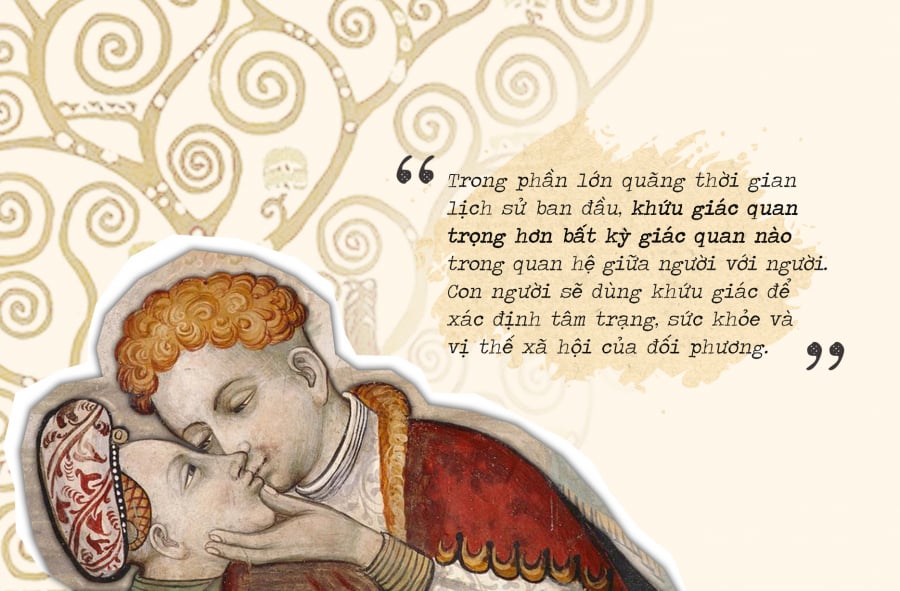
The first recorded instance of kissing in history dates back to India, approximately 4,000 years ago. The Mahabharata epic contains passages describing romantic kisses, including the line: "She placed her mouth upon mine and made a sound that made me feel euphoric." However, until the 15th century, when Europe had just discovered Africa, India, Asia, and the New World, kissing remained unfamiliar in many places. And even though humanity as a whole knew what kissing was, not every kiss was a symbol of love. The status, role, and meaning of kissing have always changed over time. Kissing was once a cultural feature, an art form in ancient Roman society – men kissed men, women kissed women, people kissed anyone they loved and respected – it's no wonder the ancient Romans were known as the most kissers in world history. Throughout the Middle Ages in Europe, a strict code of etiquette regarding kissing was in place. At that time, only people of the same social standing were allowed to kiss each other on the lips; the lowest castes and prisoners were only permitted to kiss the ground, the closest point to the feet of the person being kissed.
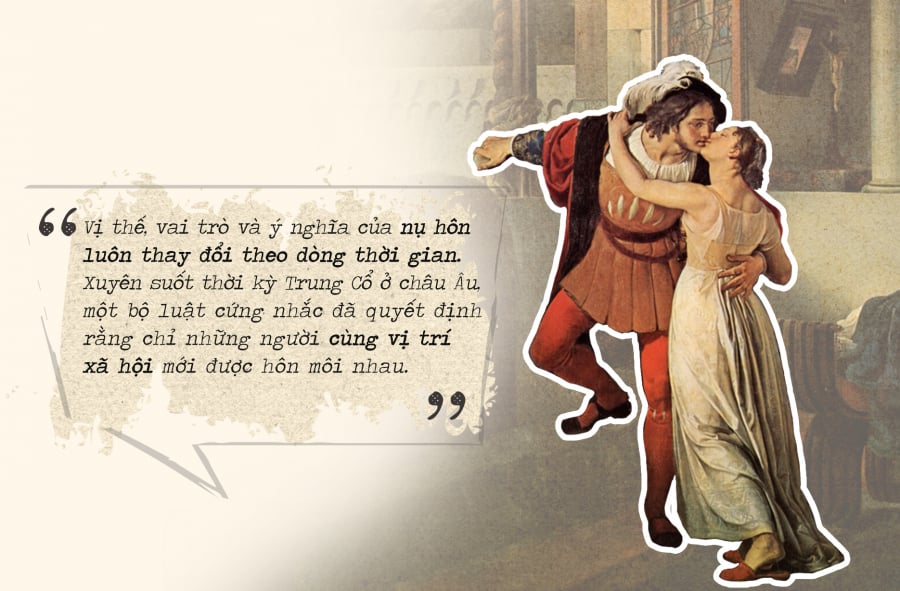
Around the period beginning in 1311-1312, Christian churches in Europe, particularly the Council of Vienna (Austria), drafted several moral laws that stipulated that if an unmarried couple dared to exchange a kiss leading to sexual intercourse, their souls would be cursed, but kissing merely for pleasure was a forgivable sin. Even in Naples (modern-day Italy) in the 1500s, kissing in public was punishable by death.
By 1600, kissing in public was almost unheard of. Instead, throughout the 1800s, gestures such as bowing, curtsy, and tipping became more common, influenced by Shakespearean romanticism. Even into the late 1900s, Americans still criticized public kissing as "a reprehensible habit that cannot be tolerated in a civilized society."
Then, with the advent of film, followed by Hollywood and television, the concept of kissing naturally changed. Famous on-screen kisses in films like "Gone with the Wind" (1939) or "Casablanca" (1942) seem to have redefined the beauty of a romantic kiss, and lovers around the world continue to express their love through kisses without hesitation, as Sam Dooley Wilson's lyrics in "Casablanca" say: "A kiss is still a kiss, desire is still desire, the basics will remain the same no matter how much time passes."
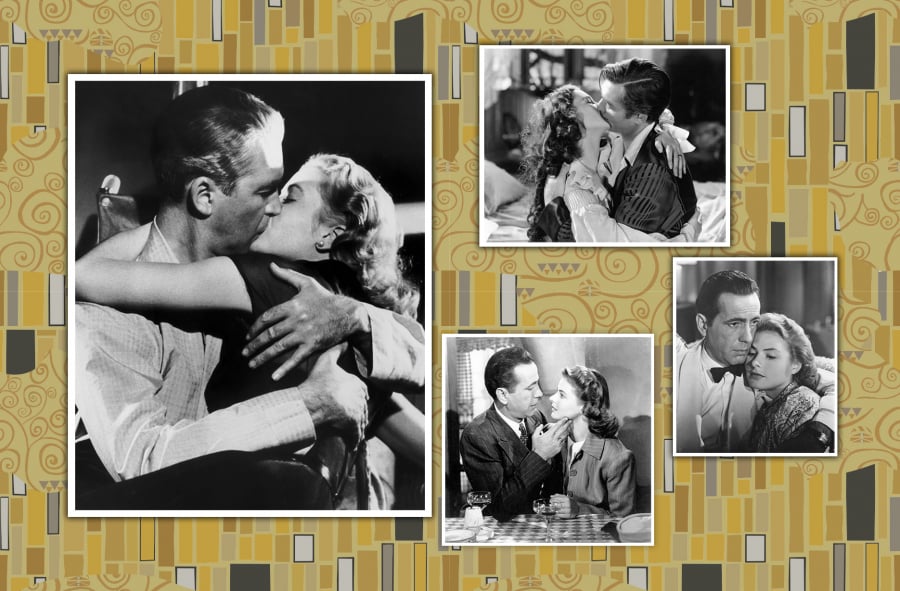

In a different branch of history, the kiss once represented equality, friendship, and class solidarity, stemming from the expression of enthusiasm in the labor movements of the late 19th century. This meaning of the kiss evolved and became so widespread that it became a cultural symbol, given a name: the symbol of love.The kiss of socialist brotherhood(Socialist fraternal kiss). In the years following the October Revolution and the Communist International, it became a ceremonial greeting between Communist comrades. At that time, the kiss symbolized the deep intimacy forged between Communism and Socialism during the isolation of Bolshevik Russia.
The kiss of socialist brotherhoodIt was usually expressed through an embrace, consisting of three kisses on the cheek. In rare cases, when the friendship between the two sides was particularly strong, they would kiss on the mouth instead of just the cheek. Many socialist leaders of liberation movements, such as the Palestine Liberation Organization and the African National Congress, also often greeted leaders of communist countries with a fraternal kiss. After the collapse of the Soviet Union and the socialist system in Eastern Europe, this type of kiss gradually faded away, and only the embrace survived.
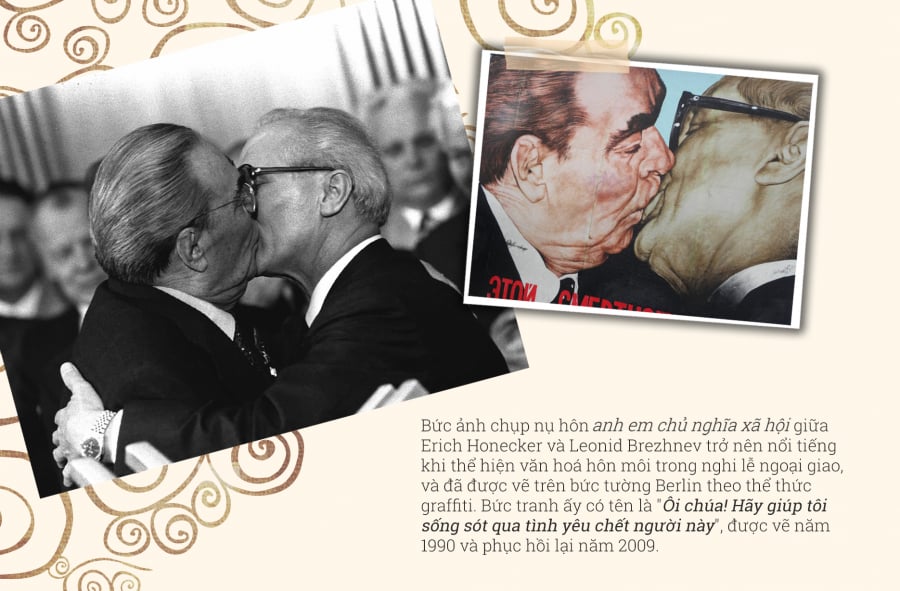
With the meaning of conveying the fullness of enthusiasm and love, the fraternal kiss of socialism was used extensively in Vietnam, without us realizing it, through… Uncle Ho. In his letters to children, Uncle Ho always ended his words with a kiss. Almost every letter ended like that. He wrote: “Kiss you all!” (Letter to children on the first Mid-Autumn Festival of the Democratic Republic of Vietnam), “Uncle kisses you all!” (To the children of the whole country), “Uncle kisses all of you” (Letter to children nationwide on the occasion of the anniversary of the August Revolution), “Uncle kisses you!” (Letter praising Dang Phuc Hai)…
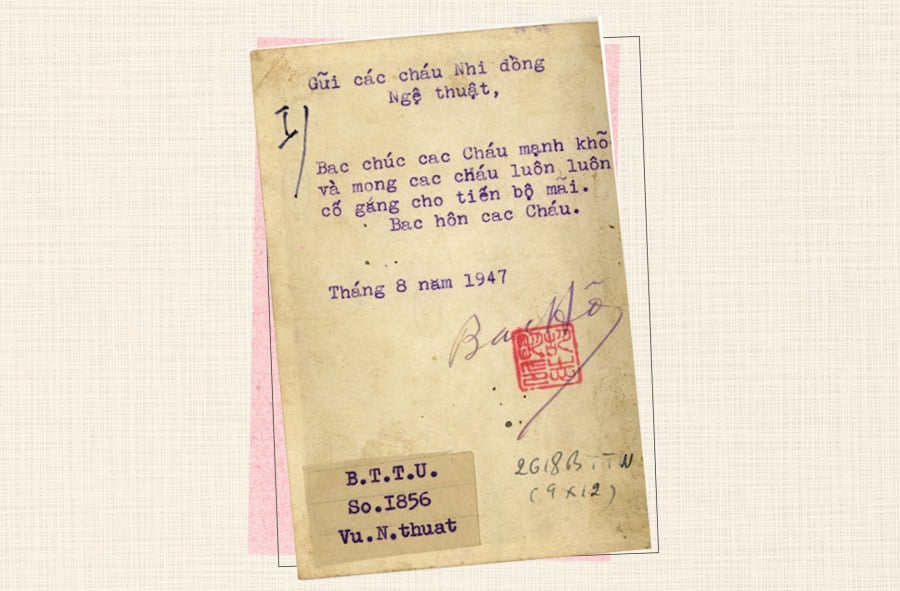

Whether as a symbol of love, affection, or friendship, kissing has at times been considered illegal in some places. People feared kissing because of the terrible diseases that spread like the Spanish flu and the Black Death, casting a dark shadow over human life.
The Black Death is recorded as having ended in 1353, but its remaining virus strains continued to devastate England throughout the 1400s. Therefore, even though he was born nearly 70 years after the pandemic began, King Henry VI – the famous "mad king" of England – still had to shoulder the responsibility of leading the country while the pandemic crisis was not yet over. On July 16, 1439, he issued a decree.Forbidden to kisswith the hope that this would be a preventative measure to stop the spread of the disease.
Previously, during this period, people commonly greeted each other with kisses; churchgoers would kiss each other upon meeting, servants would kiss their masters' rings, men kissed men, men kissed women, and vice versa. The Prohibition of Kissing was issued, forbidding everyone in England from kissing, even as a formal greeting. Although it is now widely known that saliva can transmit bacteria, this was not common knowledge in the Middle Ages, and the ban on kissing was likely a precautionary measure taken by chance when the king realized that the more contact with sick people there was, the faster one would contract the disease.
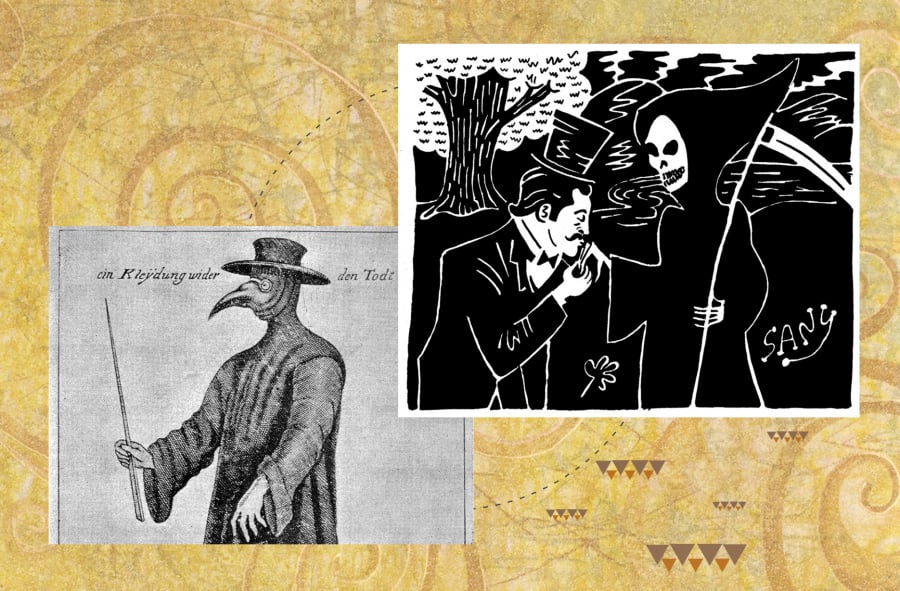
Nearly 600 years later, the Spanish flu arrived in America, claiming the lives of 675,000 Americans and 50 million people worldwide; and back then, couples did their best to...Lovewithout spreading the disease to each other. There were "tactics" employed to make kissing safer. "If you must kiss, kiss through a handkerchief" – a headline published in The Sun in New York City on August 17, 1919, "Otherwise you may catch the Spanish flu, or it will infect your partner – From the Medical Council to Lovers."
Another method that was "developed" during this period iskissing curtain"For a pure and hygienic kiss, use this small net, and remember to wash it with disinfectant before kissing" - this was an advertisement titled "A Pure and Disease-Free Kiss" published in Popular Science Monthly in 1918.
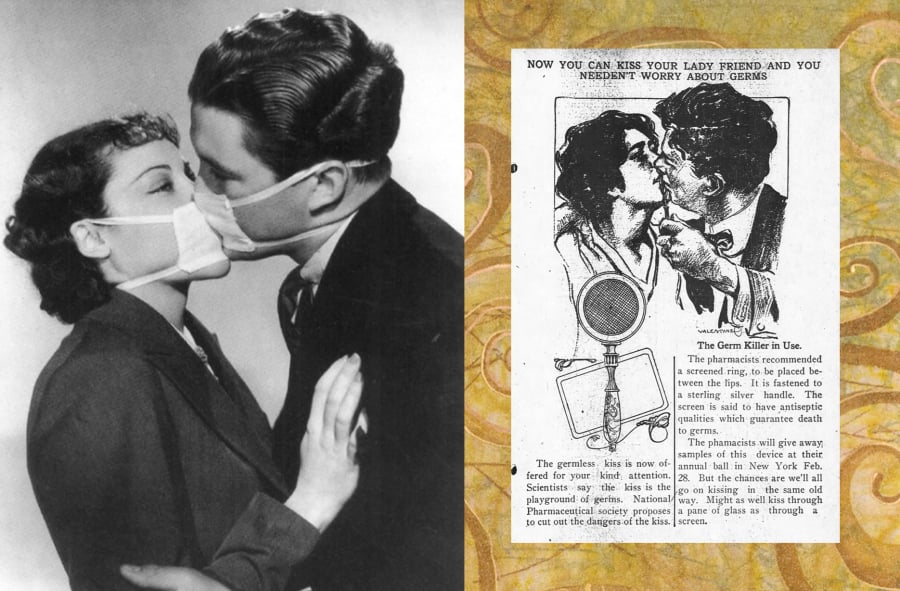
Furthermore, this intimate act was considered dangerous not only for lovers but also for family members. "To avoid infecting your children, don't kiss them near the mouth. Kissing your child before washing their face is also unsafe," wrote one newspaper at the time.
Another instance occurred in the first century AD, when a herpes epidemic spread, and the second Roman Emperor Tiberius also issued a complete ban on marriage throughout the empire.

Once again, disease strikes humanity, and once again, people are afraid to kiss.
Kissing on the cheek is a basic and familiar ritual for greeting friends, colleagues, and even leaders in many European countries, but now, as the pandemic sweeps across the globe, people are beginning to restrain themselves from making this ingrained reflex to show affection.
Picard, author of the book "Politeness, Etiquette and Social Relations," shared: "We live in a culture that needs contact, and so it's easy to want to touch each other. Our civilization needs human warmth. But I suspect people will eventually stop kissing"—she was referring to kissing in Mediterranean cultures, including her native France, in the context of the current global pandemic.
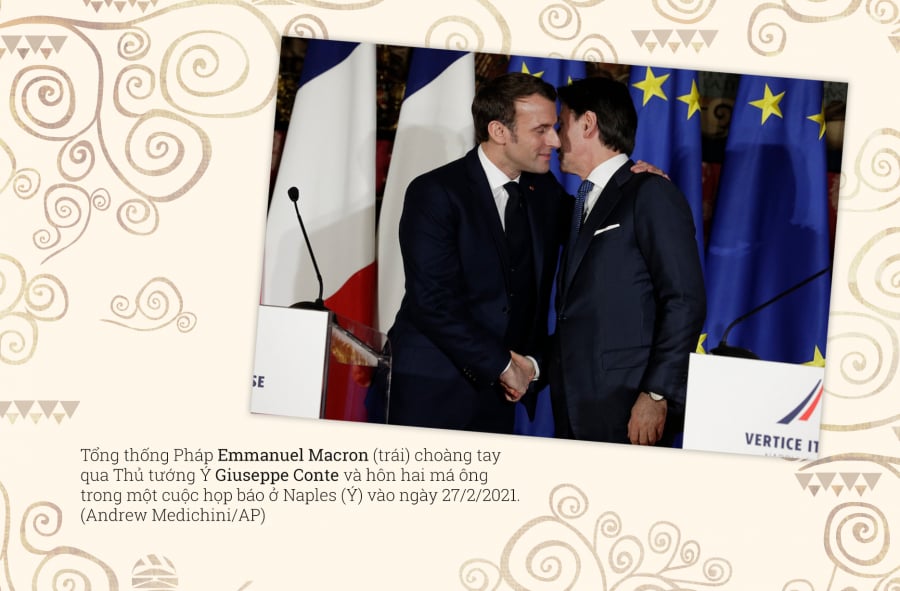
At a press conference discussing government measures to combat the spread of the disease, French Health Minister Olivier Véran urged the French to avoid shaking hands and, better yet, to stop kissing. The French are becoming increasingly wary of kissing, and this is understandable. Faced with the threat of survival from a pandemic, there is nothing wrong with temporarily abandoning this very French tradition.
But kissing is not just an act, a culture, it is also a symbol (not just of France, but of all humankind); and there are many other cultures, cultures and traditions that we are so familiar with that are gradually fading away due to the impact of the pandemic, such as the cash-spending culture of the Germans, the festival-making culture of Latin American countries, the culture of celebrating holidays and anniversaries, organizing gatherings... of our own.
Not only in France, but also on street corners in Rome, in front of cafes or in shops along the street, one can find actions that replace kisses: they greet each other with blown kisses, with gestures from a distance, with elbow touches...
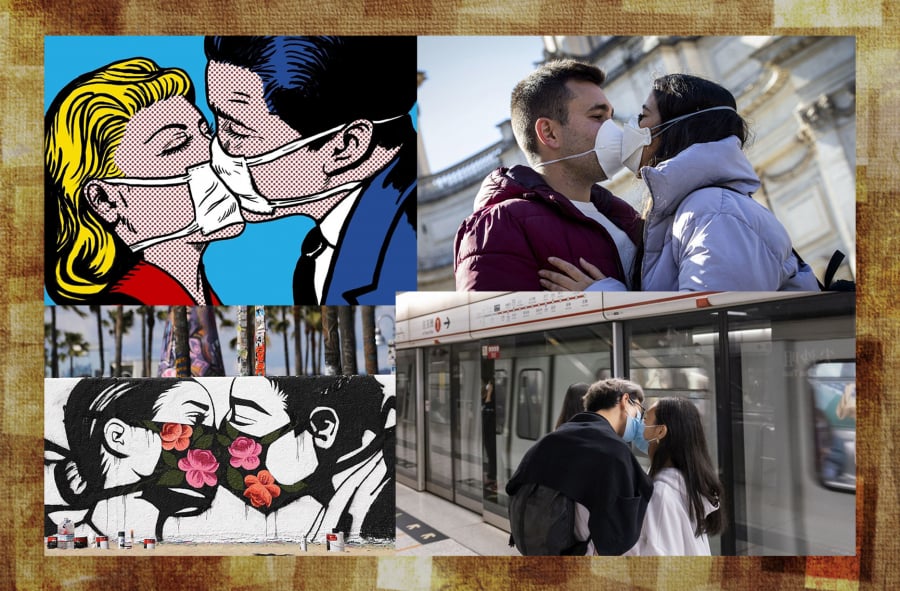
This pandemic has changed everything we knew and were familiar with, especially the ways we maintain human social connections (according to Bhavna Jani-Negandhi). But kissing, throughout more than a thousand years of history, has also proven itself to be worth more than a ritual, a way of expressing or seeking emotion. It seems to belong to, and originate from, instinct.loveandshareof humankind.
Perhaps the "culture of kissing" is once again adrift in the whirlwind of the pandemic, but we know that one day, when the crises pass and life returns to its normal course, it will...history of each generationHundreds of thousands of years ago, humankind would once again rediscover those instinctive connections.
How did their lips meet? How did the birds sing, the snow melt, the roses bloom, and the dawn break from behind the gloomy trees on the trembling hilltop? A kiss, and that was it.
- Victor Hugo
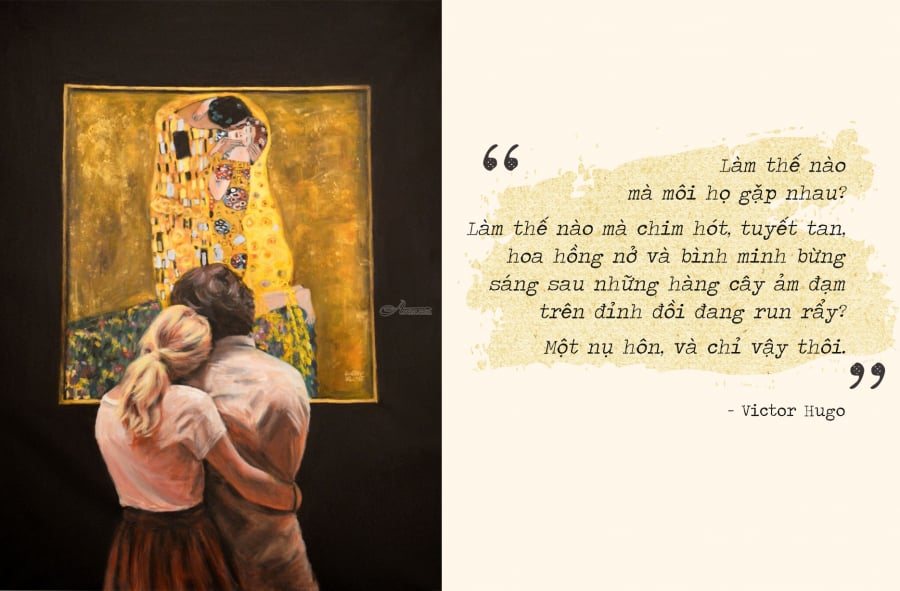


 VI
VI EN
EN



